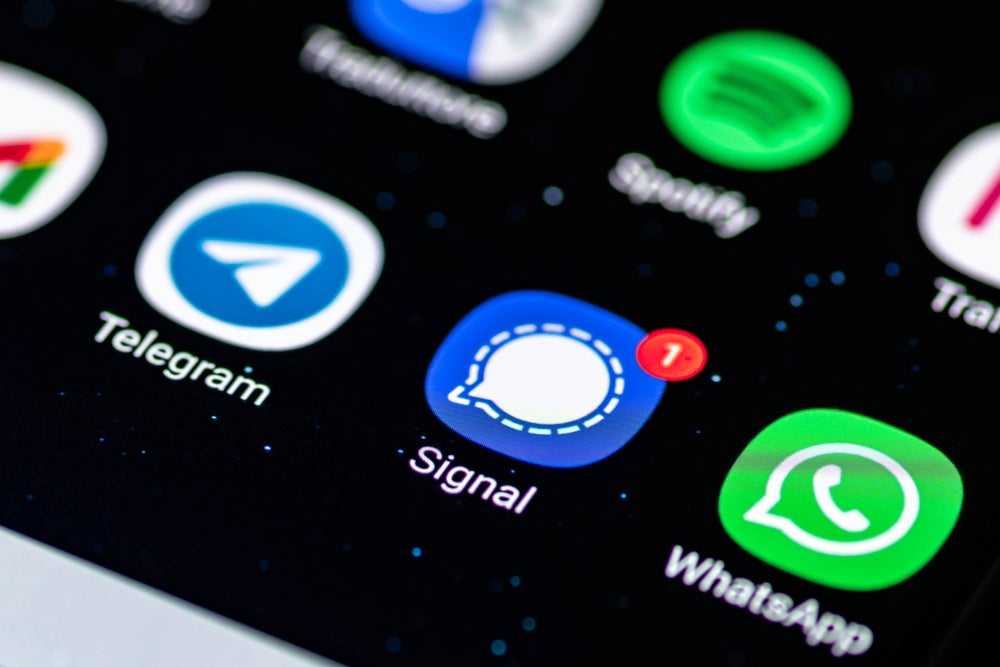
The UK’s online safety bill (OSB), which requires greater transparency of end-to-end encryption has reignited an ongoing debate over safety vs privacy.
The UK’s online safety bill was published in draft form in 2021 and has since been making its way through parliament. WhatsApp and other messaging services are ramping up their lobbying and negotiation efforts, including threatening to stop their operations in the UK.
A group of executives from leading messaging apps including WhatsApp, Signal and Viber issued an open letter on April 17th, 2023, outlining their objections.
Meta’s head of WhatsApp, Will Cathcart, told BBC News that WhatsApp would rather be blocked in the UK than weaken the privacy of its encrypted messaging.
Signal president, Meredith Whittaker, has reportedly said that Signal “would absolutely, 100% walk” if encryption were to be subject to the OSB’s new rules.
Regulators and policy makers have a daunting task: to protect public safety without infringing upon their users’ privacy, says GlobalData analyst Laura Petrone. “This is an old dilemma. So far, no regulator has found a way to square the circle,” adds Petrone.
How well do you really know your competitors?
Access the most comprehensive Company Profiles on the market, powered by GlobalData. Save hours of research. Gain competitive edge.

Thank you!
Your download email will arrive shortly
Not ready to buy yet? Download a free sample
We are confident about the unique quality of our Company Profiles. However, we want you to make the most beneficial decision for your business, so we offer a free sample that you can download by submitting the below form
By GlobalDataThe bill does not propose an outright ban on encryption, but it would allow UK telecoms regulator, Ofcom, to require messaging apps to use scanning technology necessary to detect and eventually block illegal images. “It is unclear whether this technology, called client-side scanning, can interfere with end-to-end encryption,” says Petrone.
The open letter of objection outlines the risk of the UK isolating itself with the proposed OSB regulation leading to the creation a ‘British’ internet: “global providers of end-to-end encrypted products and services cannot weaken the security of their products and services to suit individual governments,” states the letter.
Petrone does not believe that the OSB’s proposals would lead to the creation of a ‘British’ internet. “However, the issue certainly reveals some fracture lines. It also demonstrates how different views of the internet – particularly regarding the politically charged issue of online safety – could lead to diverging and sometimes opposing approaches to implementing technology standards and regulations, not just between democracies and autocracies but also within democratic countries,” says Petrone.
Matthew Hodgson is CEO and cofounder of Element, the only UK signatory of the open letter to the UK government. Hodgson says the OSB’s proposals are “alarmingly vague” and hopes that the open letter will encourage the government to be far more specific, and commit in writing that the bill will not undermine end-to-end encryption and the human right to privacy.
“Adding any content scanning technology to a secure messaging platform fatally undermines its end-to-end encryption – you cannot have communication which is both private and scanned by a third party system: it is a contradiction in terms. Any so-called ‘accredited technology provider’ claiming otherwise is simply trying to sell more scanning systems,” says Hodgson.
Petrone admits that there is a need for better communication between stakeholders within the debate. “I think that the UK government could have done a better job of reassuring messaging platforms that it is not against encryption and being more transparent to the general public about how the bill can be implemented without weakening the security of these messaging services.”







